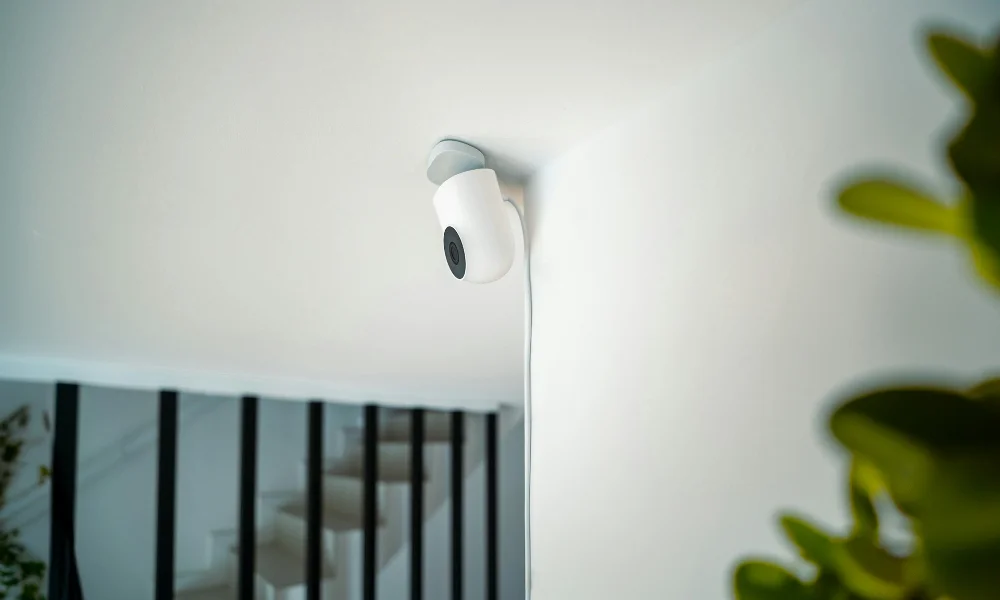Running a restaurant presents unique challenges, and one of the biggest concerns is fire safety. With busy kitchens, open flames, and high-heat equipment, restaurants are at an increased risk for fire incidents. Ensuring your establishment is prepared requires diligence and smart practices. Here are some top fire safety tips for restaurant owners.
Tip 1:
Schedule Regular Fire Safety Inspections To protect your restaurant, employees, and customers, it’s crucial to schedule regular fire safety inspections. These should be conducted at least annually by a licensed fire safety professional. Inspections help identify potential fire hazards, ensure fire alarms are working properly, and verify that your kitchen’s fire suppression systems are fully functional. Keeping your inspections up to date is not only a smart preventive measure but also a legal requirement.
Tip 2:
Train Your Staff in Fire Safety Protocols Your employees are your first line of defense in the event of a fire. Regular fire safety training is essential for ensuring that everyone knows what to do in an emergency. Train staff members on the use of fire extinguishers, emergency exit procedures, and how to handle kitchen fires effectively. Conduct fire drills periodically so that everyone is well-prepared and confident in their ability to respond to emergencies.
Tip 3:
Maintain Cooking Equipment Commercial kitchens use powerful cooking equipment that needs regular maintenance to prevent fires. Ensure that grills, fryers, stovetops, and ovens are cleaned and inspected routinely to prevent grease build-up, which is a major fire risk. Schedule professional cleaning for exhaust hoods, ducts, and vents every few months to keep the ventilation system clear of flammable residue.
Tip 4:
Keep Fire Suppression Systems Up to Date A properly functioning fire suppression system is key to minimizing damage if a fire occurs. Make sure your kitchen has an automatic fire suppression system installed, and have it inspected and serviced regularly. Replace or recharge any parts as recommended by your fire safety provider, and ensure all staff knows how to manually activate the system if necessary.
Tip 5:
Store Flammable Materials Properly Many commercial kitchens use flammable materials, such as cooking oils, cleaning supplies, and pressurized aerosol cans. Make sure all flammable items are stored in approved, clearly labeled containers away from heat sources. Proper storage reduces the risk of accidental fires and helps prevent small incidents from turning into major emergencies.
Tip 6:
Install and Maintain Fire Alarms and Emergency Lighting Working fire alarms and emergency lighting are critical for ensuring that staff and patrons can safely evacuate in the event of a fire. Test fire alarms regularly to make sure they function properly, and replace batteries as needed. Ensure that emergency lights are installed along evacuation routes and are operational so that everyone can find their way to safety even if the power goes out.
By implementing these fire safety tips, restaurant owners can minimize risks and create a safer environment for both employees and customers. Regular maintenance, training, and proactive inspections are key elements to effective fire safety in any restaurant setting.


